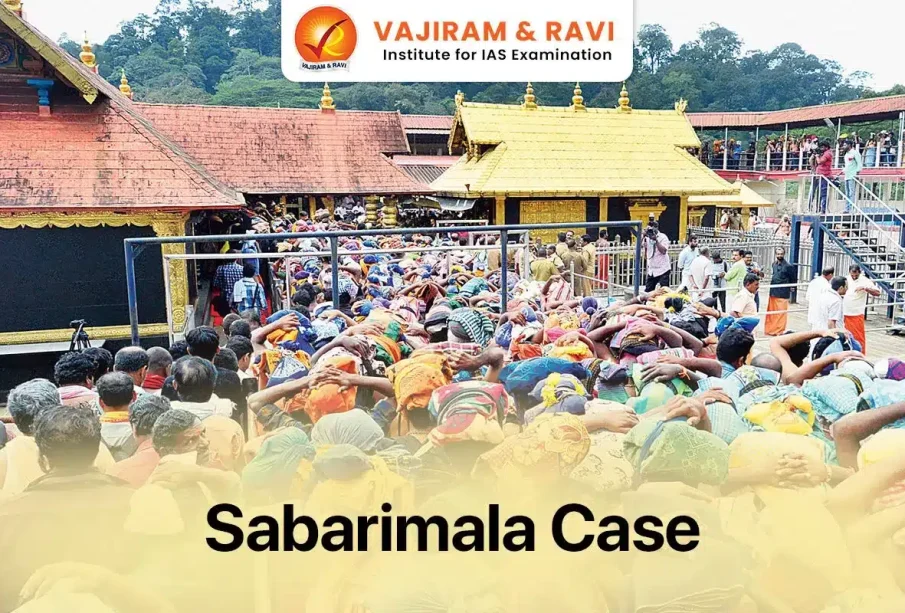Sabarimala: A Sacred Pilgrimage Site in Kerala

Introduction to Sabarimala
Sabarimala, one of the most revered pilgrimage sites in India, attracts millions of devotees each year. Nested in the Western Ghats of Kerala, it is dedicated to Lord Ayyappa, a deity worshipped by millions of Hindus. The importance of Sabarimala extends beyond religious practices; it is a symbol of unity, faith, and resilience amongst its devotees.
Current Events and Recent Developments
Recently, Sabarimala has been in the news due to various developments impacting the pilgrimage season. The annual pilgrimage traditionally commences in November and concludes in January. This year, authorities have reported a significant increase in the number of visitors, with over 60 million devotees expected to visit during this season. To manage the rising footfall, the Kerala government has implemented stricter regulations for safety and health, particularly in light of the ongoing concerns stemming from the COVID-19 pandemic.
Crowd Management Initiatives
The Kerala State Police and local authorities have introduced measures such as online booking for ‘darshan’ (viewing the deity), dedicated queues for women, and the deployment of additional personnel to manage the huge inflow of pilgrims. These efforts aim to ensure a safe, orderly, and spiritually enriching experience for all visitors.
Significance of Sabarimala
Beyond its religious implications, Sabarimala serves as a site that fosters social harmony, transcending caste and gender barriers. The temple prohibits the entry of women aged between 10 and 50, creating much debate and discourse surrounding gender equality and religious practices in India. Courts and activism have ignited discussions on these issues, making Sabarimala a focal point of cultural and spiritual negotiations in contemporary India.
Conclusion
The Sabarimala temple continues to thrive as a beacon of faith and hope for millions. As the pilgrimage season unfolds, it remains to be seen how the interplay of tradition and modernity will shape the future of this sacred site. The discussions surrounding gender equality, accessibility, and public health will undoubtedly persist as Sabarimala adapts to the needs of its devotees while maintaining its time-honored traditions.









